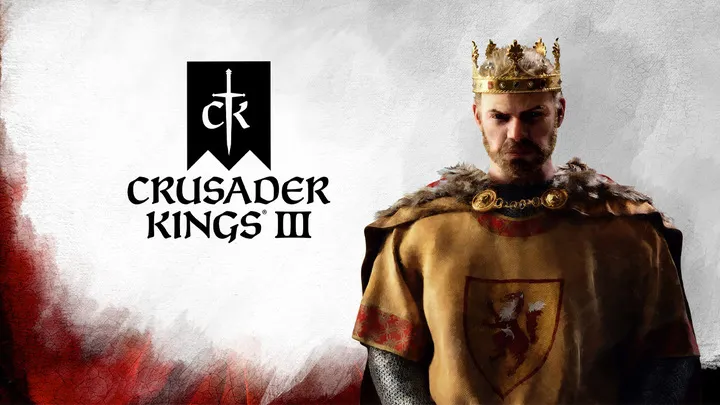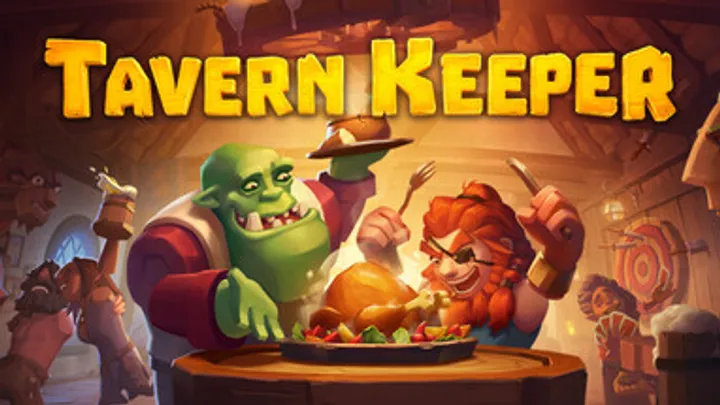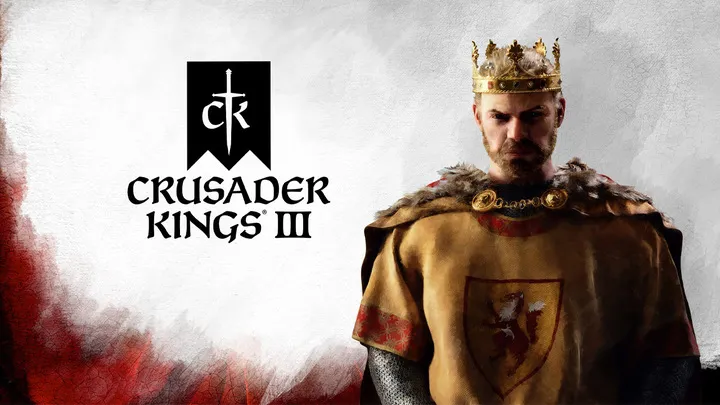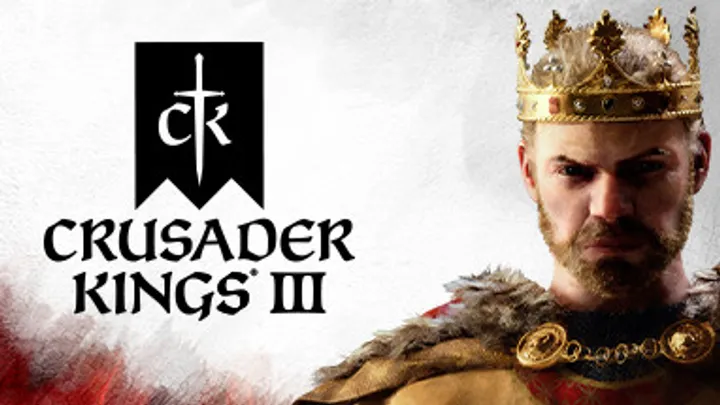Crusader Kings III is not a game about winning a single war or grabbing a single title; it is about shaping a multi-generational legacy built on personality, alliances, bloodlines, and the unpredictable chaos of medieval life. The most skilled CK3 players are not those who conquer the map quickly—they are the ones who understand the delicate interplay between characters, culture, politics, intrigue, and the slow-burning strategy of dynastic survival. In this long-form guide, you will uncover deep and interconnected “tips and guides” that follow the natural flow of a full CK3 campaign: from early game survival, to mid-game expansion, to late-game dynasty engineering.
Whether you rule as a tribal chieftain, a feudal queen, or a scheming duke waiting to seize a crown, the principles here will give you control over your realm, your kin, and the history your dynasty will leave behind.
1. The First Generation: Establishing Stability Before Ambition

The early game of any CK3 run is less about expansion and more about securing your family’s place in the world. The foundation of your dynasty will determine how smoothly the next centuries unfold.
A stable beginning requires securing alliances through marriage, preventing internal uprisings, and understanding the strengths of your starting character. If your first ruler dies before establishing political and economic stability, your entire run becomes harder. Early stability is not exciting, but it is everything.
Understanding Your Starting Character’s Personality
Your first ruler’s traits define your early strategy. A diplomatic character stabilizes vassals easily, while a martial character wins early wars more comfortably. Learning to play with your ruler’s strengths builds the momentum required for later expansion.
Priority List for Early Stability
- Marry for alliances, not just stats
- Improve your capital county development immediately
- Secure an heir early to prevent succession crises
- Befriend dangerous vassals rather than antagonizing them
2. Managing Your Court: The Power of People Behind the Throne
Your court is more than decoration—it is the engine of your realm. Powerful vassals, councilors, and courtiers silently shape your success or failure.
The internal politics of CK3 can be just as dangerous as foreign armies. A poorly managed court can lead to factions, subversion, secret plots, weak council performance, and inheritable conflicts that last for generations. Balancing loyalty, competence, and personal relationships is a crucial early step.
Council Optimization
Always replace poor councilors if possible, but remember that powerful vassals get angry when excluded. A balance between skill and diplomacy is key.
Court Positions for Stability
Assign courtiers to positions that increase loyalty, reduce stress, and boost the prestige or grandeur of your court. These small bonuses have large long-term effects.
3. Warfare Fundamentals: Winning with Strategy, Not Numbers

CK3 is not a traditional war game. Battles are determined by commanders, troop composition, terrain, and timing more than sheer army size.
Understanding how men-at-arms counter each other, how terrain affects combat width, and how supply limits stretch armies makes your wars more decisive. A smart general defeats much larger armies through careful planning.
Men-at-Arms Counterplay
Pikemen counter cavalry. Archers counter heavy infantry. Armored troops dominate weak levies. Knowing these matchups prevents surprise defeats.
Terrain and Advantage Bonuses
Always defend in mountains, hills, and river crossings. The advantage bonuses drastically tilt battles in your favor—even against superior numbers.
4. Mid-Game Expansion: Conquering with Purpose, Not Impulse
Once your dynasty is stable, expansion becomes safer—but only when done intentionally. Mindless conquest leads to overextension, cultural unrest, and succession chaos.
The smartest mid-game growth involves targeting vulnerable realms, pressing dynasty claims, and expanding into regions with matching culture or religion to reduce resistance.
Strategic Expansion Patterns
Expand outward in “rings” around your capital. This maintains compact borders and easier management.
Using Claims and Vassal Wars
Pressing your vassals’ claims allows them to expand your realm for you, reducing tyranny and risk.
5. Culture and Religion: Shaping Identity Across Centuries

Culture and religion in CK3 are not passive stats—they are tools for control, stability, and long-term advantage.
Reforming your religion or diverging your culture creates new possibilities but also new risks. These systems are ideal for experienced players who want to customize their dynasty’s identity and influence the world.
When to Reform or Diverge
Only reform after your realm is stable. Culture and religion changes cause massive short-term instability, so timing is essential.
Cultural Innovations
Certain innovations like Hereditary Rule, Chivalry, and Men-at-Arms improvements can be game-changing. Focus on innovations that shape your long-term goals.
6. Dynasty Management: Turning Bloodlines Into Power
Your dynasty is the core mechanic of CK3—strong bloodlines create a legacy that spans centuries. Dynastic renown powers long-term perks, marriages, and influence over distant branches of your family.
The perfect dynasty has intelligent marriages, trait stacking, and sprawling branches that rule foreign kingdoms, spread your culture, and secure permanent alliances.
Stacking Congenital Traits
Aim to combine traits like Genius, Beautiful, and Herculean to create super-heirs in later generations.
Dynasty Legacies to Prioritize
- Beseech the Old Bloodline: boosts prestige and alliances
- Blood Legacy: increases genetic trait quality
- Guile Legacy: stronger schemes for intrigue-heavy dynasties
7. Intrigue and Schemes: The Silent Path to Power
Not all rulers win through war. Some win through secrets, hooks, assassination, and manipulation.
Intrigue-focused rulers can reshape entire kingdoms through plots alone—removing rivals, weakening enemies, forcing marriages, or claiming thrones without raising a sword.
Mastering the Murder Scheme
Remove dangerous rivals, succession threats, and foreign monarchs who oppose your goals.
Fabricating Hooks
Hooks allow you to force marriages, demand conversion, manage vassals, and unlock secrets that reshape political landscapes.
8. Economy and Development: Building a Prosperous Realm

Money drives armies, politics, construction, and diplomacy. Wealthy rulers win wars faster and rebuild faster.
Your capital should become the most developed county in your realm. Its bonuses affect your entire kingdom and dynasty long-term, especially with development-focused buildings.
Gold Generation Paths
- Building duchy buildings
- Raiding as a tribal ruler
- Setting up trade-rich counties
- Using stewardship lifestyle perks
War Funding Tips
Only fight wars you can afford. Long wars destroy your treasury and destabilize rule.
9. Late-Game Governance: Handling Empire-Level Politics
The late game introduces massive internal tension, foreign threats, and complex succession issues. Governing a large realm requires new tools: vassal management, crown authority, imperial councils, and religious influence.
Large empires collapse easily if not managed carefully. Succession crises are especially dangerous if your dynasty spreads too quickly.
Managing Vassals
Grant duchies strategically, placate powerful vassals, and use hooks to control rebellious factions.
Crown Authority Management
Higher crown authority gives more control but increases vassal resistance. Increase it gradually.
10. Preparing Your Legacy: The Endgame Dynasty Vision
The final stage of a CK3 run is not about conquest—it is about leaving a world shaped by your family. That means preparing multiple heirs, securing alliances, spreading culture and religion, and ensuring a stable realm after death.
The happiest CK3 players do not fear character death. They anticipate it with planning, grooming their next ruler, and ensuring a smooth transition.
Grooming the Perfect Heir
Educate them personally. Give them guardians with perfect congenital traits and strong stats. Shape their personality over time.
Immortalizing Your Dynasty
Build a line of rulers who leave monuments, reform religions, establish new cultures, and influence the world map so future generations inherit an empire of meaning.
Conclusion
Crusader Kings III is a game of stories, strategy, personalities, and multi-generational evolution. It rewards those who think not in terms of minutes or hours, but decades and centuries. With these long-form strategies, your dynasty will not only survive—it will flourish, expand, innovate, and reshape the medieval world into a living tapestry shaped by lineage, ambition, and legacy. Mastering CK3 is mastering the art of ruling through chaos, understanding people, and planning for futures you may never personally see. That is the true beauty of this grand narrative strategy.

















